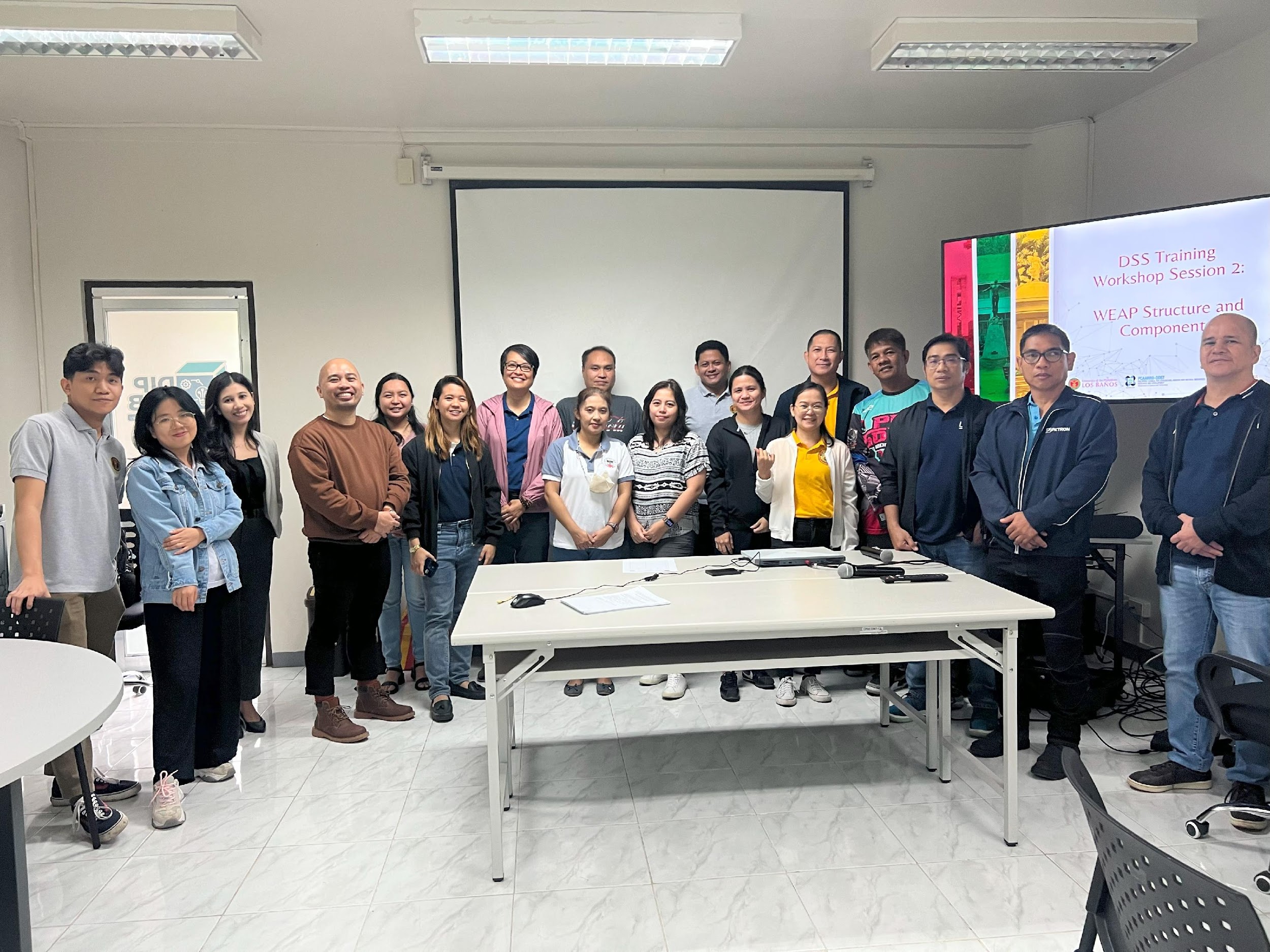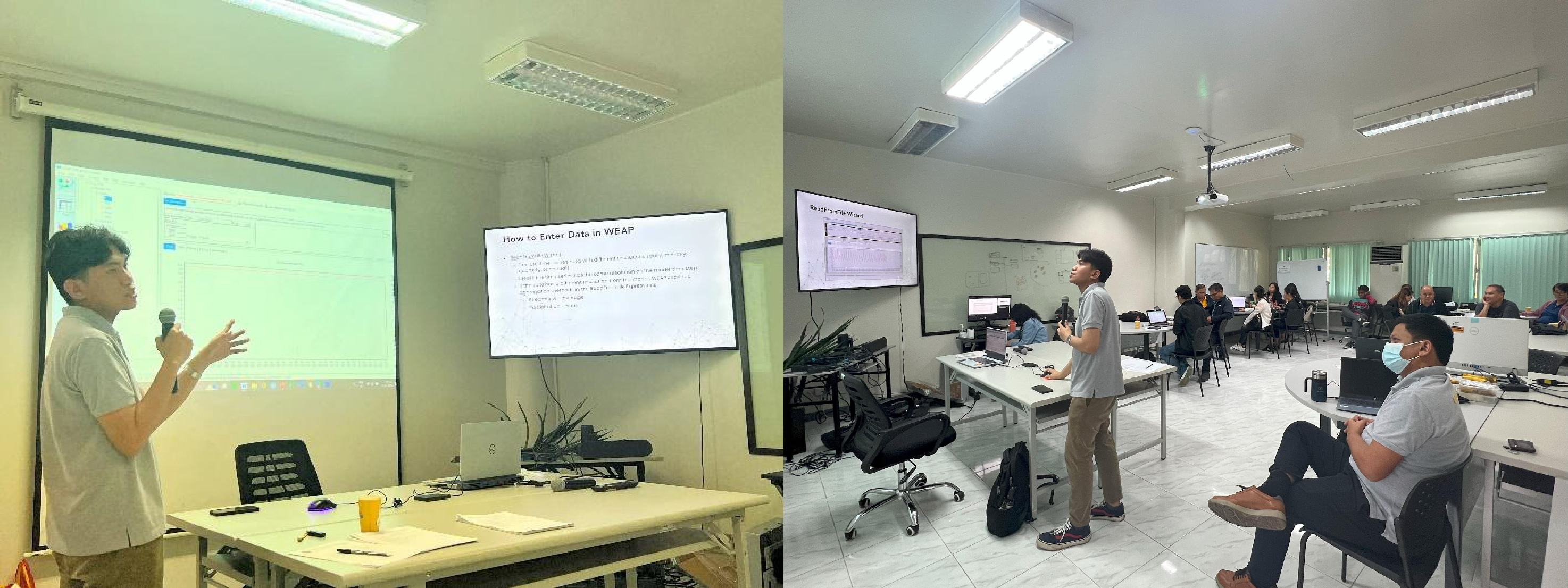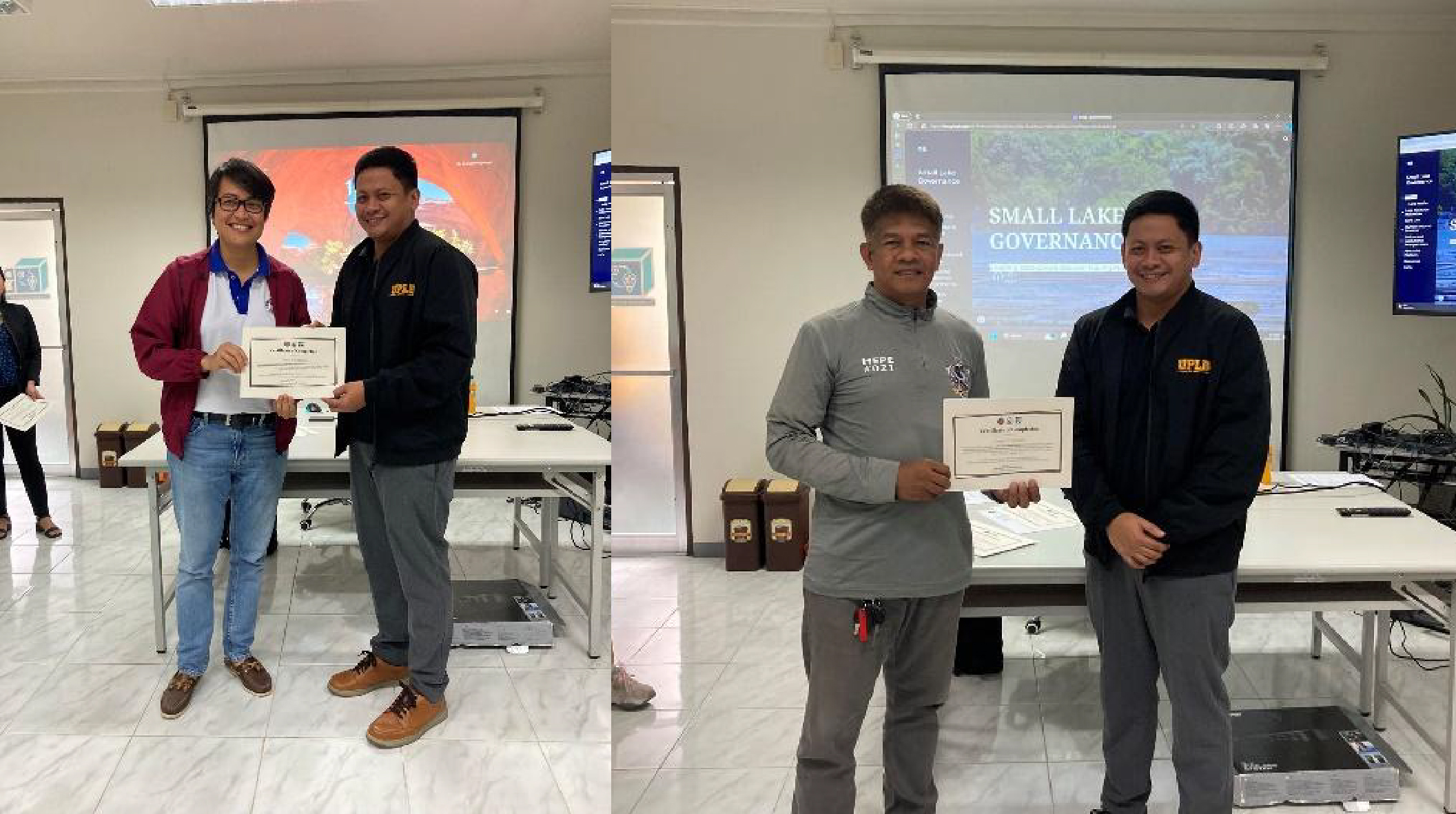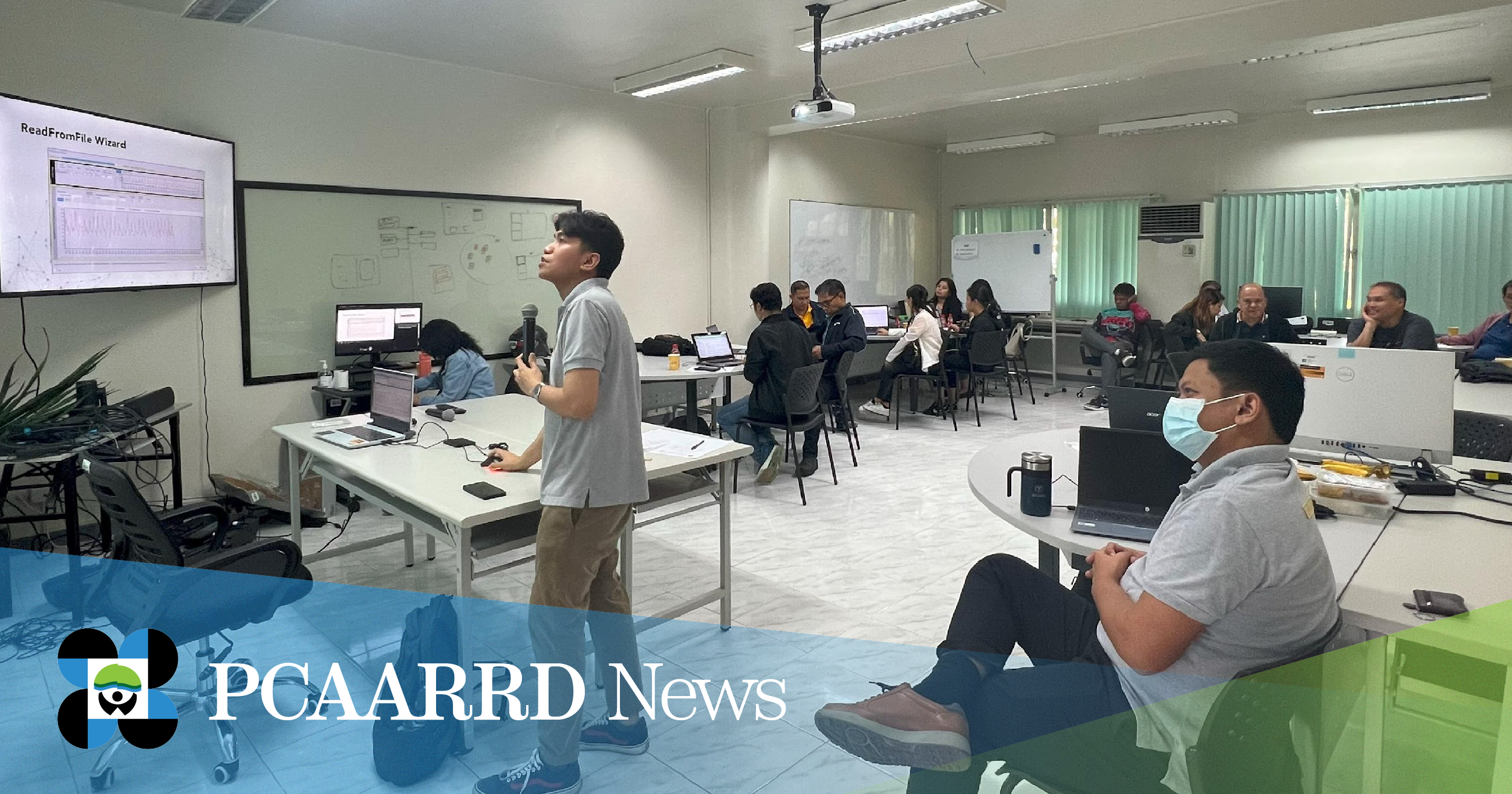
Toward enhancing the governance of the Seven Lakes in San Pablo City, Laguna, the University of the Philippines Los Baños-College of Public Affairs and Development (UPLB-CPAf), through its Center for Strategic Planning and Policy Studies (CSPPS), organized a comprehensive two-day training workshop on January 31–February 1, 2024 at the DIP Lab Learning Facility, CPAf, UPLB.
The training-workshop aimed to familiarize local government units (LGUs) and key stakeholders in developing, utilizing, and maintaining the Water Evaluation and Planning (WEAP) model for lake management. It also showcased the contents and applications of the Knowledge-Sharing Platform (KSP) for information dissemination and future research.
This initiative is a key component of the DOST-PCAARRD-funded project, "Decision Support System (DSS) for Effective Lake Governance of the Seven Small Crater Lakes in San Pablo City, Laguna," under the leadership of Dr. Rowena DT. Baconguis. The project team introduced the first iteration of DSS using the WEAP model and KSP.
The DSS project came to fruition in response to the limitations of existing literature on small lakes, which primarily focused on biophysical properties and often overlooked the historical, social, and cultural dimensions of human-government interactions and governance. Aiming to bridge this gap, the project is currently developing a system for effective small lake governance based on current data. Following its development, the DSS will be scaled out to other lakes.
Through the workshop, the team effectively trained representatives from the Laguna Lake Development Authority (LLDA); San Pablo LGUs including representatives from the offices of agriculture, tourism, planning and development, health, solid waste management, and the City Environment & Natural Resources Office (CENRO) as well as the Municipal Agriculture Offices (MAO) of Nagcarlan and Rizal on utilizing DSS.
Representatives from the Socio-Economics Research Division of the Philippine Council for Agriculture, Aquatic and Natural Resources Research and Development of the Department of Science and Technology (DOST-PCAARRD) also attended the training workshop to monitor the development of the project’s output.
The event commenced with an opening address from Dr. Nico Jayson C. Anastacio, the project's study leader. Participants took a pretest to assess their knowledge and skills in utilizing the WEAP model. Following this, Mr. Francis John F. Faderogao, another study leader, elucidated the project's objectives and stressed the significance of incorporating science and data into lake governance through WEAP and KSP.
During the first day, Mr. Jeremiah Calabia discussed WEAP features, data prerequisites, and data input procedures. He provided a demonstration on setting parameters, managing scenarios, and interpreting results using the software.

On the second day, focus was on the DSS WEAP hands-on tutorial, enabling participants to create schematic diagrams as well as the discussion of the KSP and the idea of housing the platform. San Pablo LGU expressed interest in housing the KSP, thus, discussions with their data management office was set.

At the end of the training, Mr. Francis John F. Faderogao, University Researcher I of UPLB, conveyed the team's hope for continued discussions and collaborations with the participants beyond the completion of the project.

